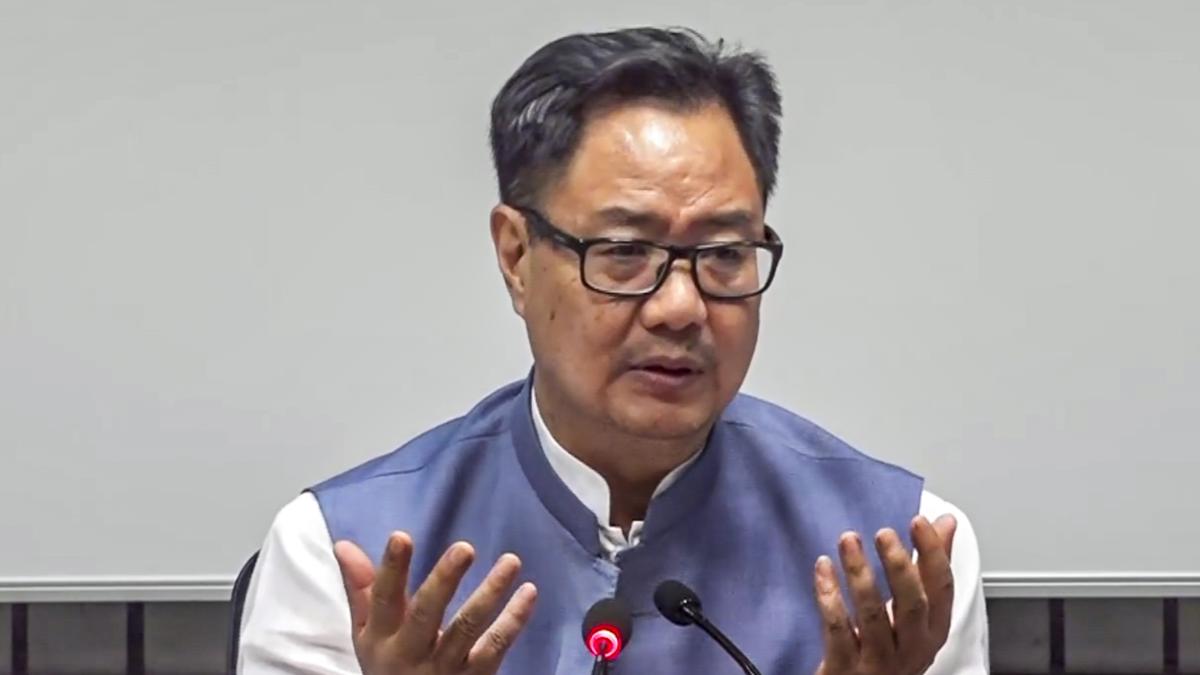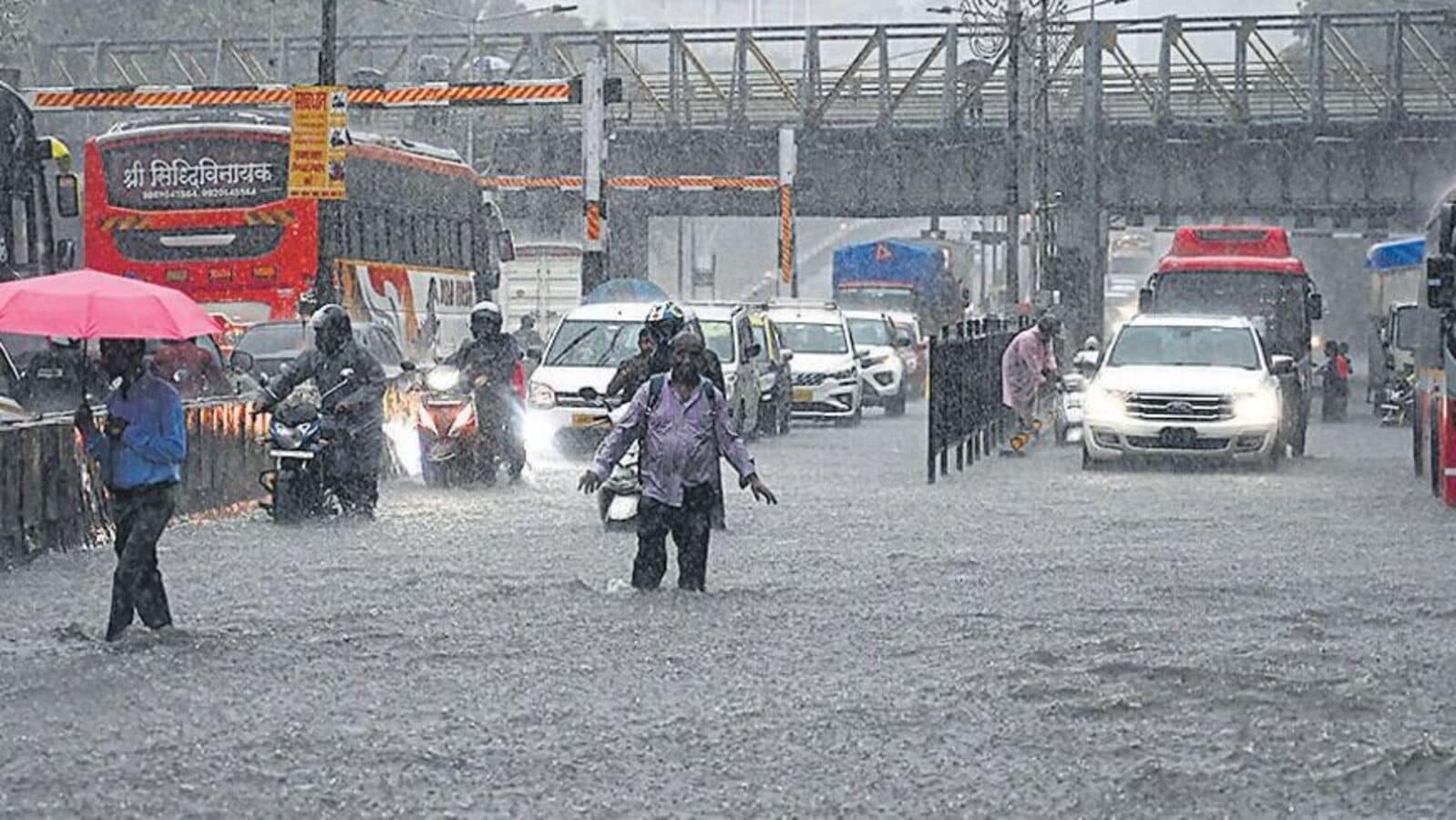
File picture of Union Minister Kiren Rijiju
| Photo Credit: PTI
Union Minister for Minority Affairs Kiren Rijiju said in New Delhi on Thursday (April 17, 2025) that not following or implementing an Act passed by the Parliament of India was “untenable”, while referring to the Waqf (Amendment) Act, 2025.
Mr. Rijiju’s statement comes in the wake of some State Assemblies, including Tamil Nadu and Karnataka, urging the withdrawal of the Bill before the Act was passed. West Bengal Chief Minister Mamata Banerjee has declared that the Act would not be implemented in her State.
“Some of the statements coming from the Chief Ministers are a result of anger or emotion or [are] politically motivated,” Mr. Rijiju, who piloted the Waqf Act through both Houses of Parliament, told The Hindu.
He said that the CMs would “regret it…., especially those functionaries, the official position-holders, they will regret it. Just to cater to the political constituencies, they made certain disparaging remarks, and then leading to a difficult situation — they will regret it”.
“The very fact that the person is holding a constitutional position, and then again says things which are unconstitutional, like not to follow or implement the Act passed by the Parliament of India — this statement itself is untenable,” Mr. Rijiju said.
Adding that he was only concerned with the constitutional implications of the provisions, the Minister said that if anybody violated them, “then there are measures to handle those challenges”.
Land, and law and order, are State subjects, and certain parts of the Waqf (Amendment) Act are on the Concurrent List of the Constitution, thus requiring State governments to implement it.
When asked what remedy was available to the State government in this context, Mr. Rijiju said that the Central government was in the process of framing rules for the Waqf Act.
Also Read | Eviction of waqf property encroachers: Madras High Court declares 2010 T.N. law to be unconstitutional
“Now [that] the legislative process is on, the entire subordinate legislation and implementation process, [the] forming of the Central council — all this [will] follow. Once we are done with the necessary follow-up of the Amendment Act, it is now up to the State government to follow it as per norms. Now, if the State governments fail to constitute the body as far the provisions of the Act [are concerned], then they will have to face the consequences because then it’s amounting to the violation of the Constitution itself,” Mr. Rijiju said.
“I know very well that the Chief Ministers who are openly saying they will not implement the Amendment Act passed by the Parliament, they themselves will eat humble pie — because who can say that he or she will not follow the Constitution of India?” he added.
The Supreme Court is in the process of hearing several legal challenges to the Waqf (Amendment) Act, which was cleared by both Houses of Parliament in the recently concluded Budget session.
Published – April 17, 2025 07:17 pm IST





